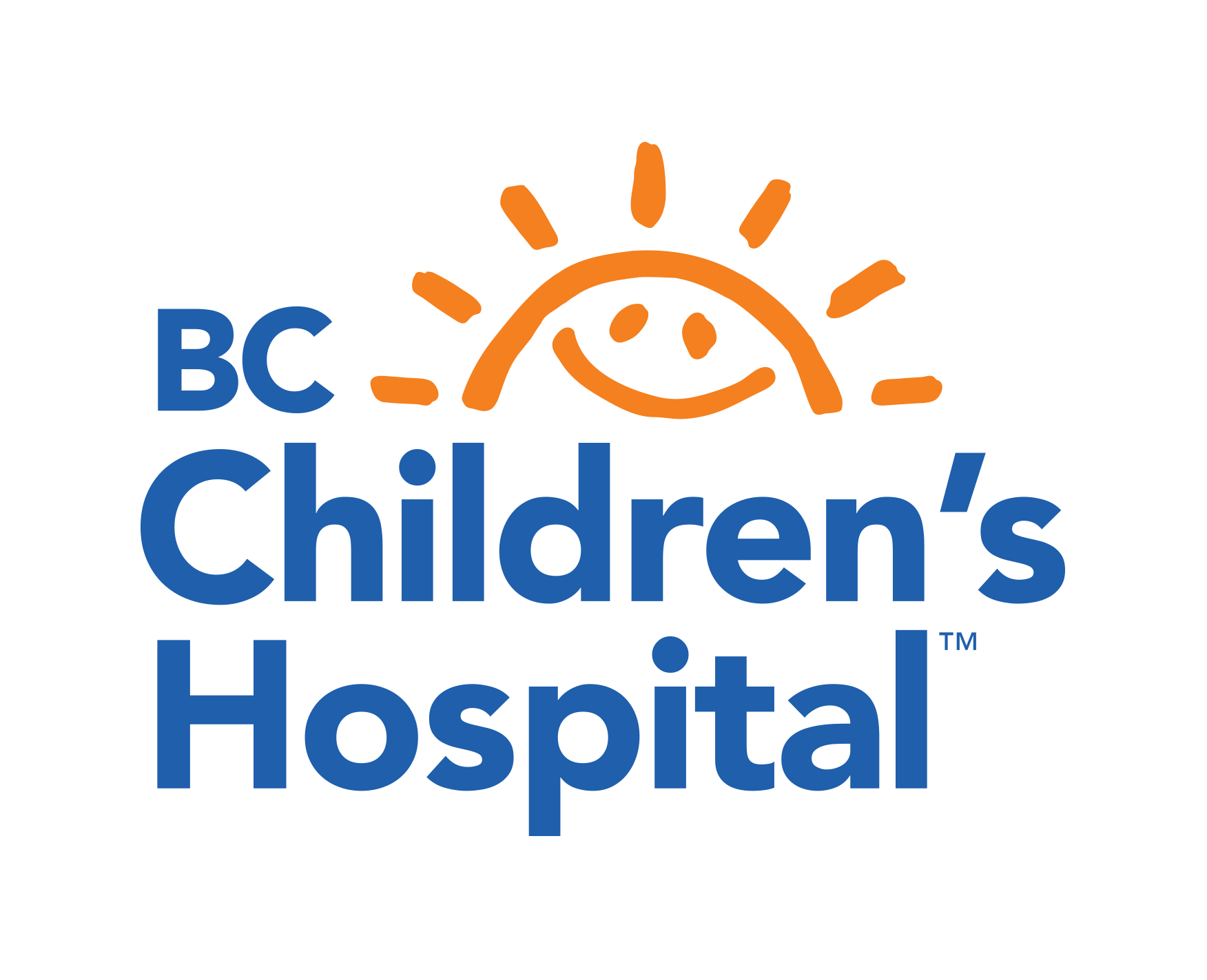Studies Supported by ACMaN
2017-ongoing Away We Grow! Toddler Development Study - Effects of Milk Intake on Nutrient Status and Neurocognitive Development in Toddlers (Sponsored by Nestlé)
Docosahexaenoic acid (DHA), lutein, and choline are three nutrients thought vital for growth, neurocognitive development and function in early childhood. These nutrients are found in a limited number of foods; choline is present in cow’s milk, DHA is primarily in fish, and lutein is in dark green and red vegetables. Based on data collected by us regarding the dietary intakes of young Canadian children and current feeding guidelines, these nutrients may not be present in sufficient amounts in the diets of toddlers. This study aimed to address whether improved levels of DHA, lutein, and choline contained in a follow-on formula (a toddler transition formula/milk beverage called Growing Up Milk, or GUM) improves the status of these nutrients in toddlers aged 18-24 months when compared to toddlers drinking cows’ milk at currently recommended levels. Biochemical markers of DHA, choline and lutein status are assessed along with anthropometrics, visual acuity and neurological outcomes using measures of cognitive and language development. Our ACMaN team helped analyze these nutrients in over 300 toddlers. Study results currently in progress.
For more information, visit ClinicalTrials.gov.
Related articles by BCCHR Faculty:
Nutritional Status in Breastfed 18-Month Old Toddlers: Cross-Sectional Findings (2020)
2015-2020 Essential Fatty Acid Nutrition For 1-2 Yr-Olds (In Collaboration with DSM Nutritional Products)
Little is known about DHA (docosahexaenoic acid) and ARA (arachidonic acid) requirements in toddlers. A longitudinal, double blind, controlled trial in toddlers randomized to receive a DHA and ARA supplement (6 times higher than normal diet levels) or a control supplement until age 24 was done to determine the effects on neurodevelopment. They supplemented toddlers had an increase of these supplements in red blood cells, which correlated to better cognition and language scores. At the same time, using the same toddlers, the researchers wanted to answer the question of whether choline intake has effects on neurodevelopment. Choline is vital to the formation of cell membranes and acetylcholine, a neurotransmitter that coordinates messages in the nervous system and the brain, and is found mainly in foods from animal sources, such as meat, eggs and diary, along with some beans and vegetables. This study is the first to investigate choline nutrition in North American toddlers, showing that 71.8 per cent of toddlers at one year of age and 55.8 per cent of toddlers at two years of age were not meeting adequate intake levels for choline. However, findings show that there is a positive correlation between choline/betaine and visual-motor skills. Our ACMaN team helped analyze these nutrients in over 130 toddlers.
For more information, visit ClinicalTrials.gov.
Related articles by BCCHR Faculty:
2015 DHA & Lutein and fMRI Brain Mapping in Healthy Children (Sponsored by Nestlé)
For more information, visit ClinicalTrials.gov.

